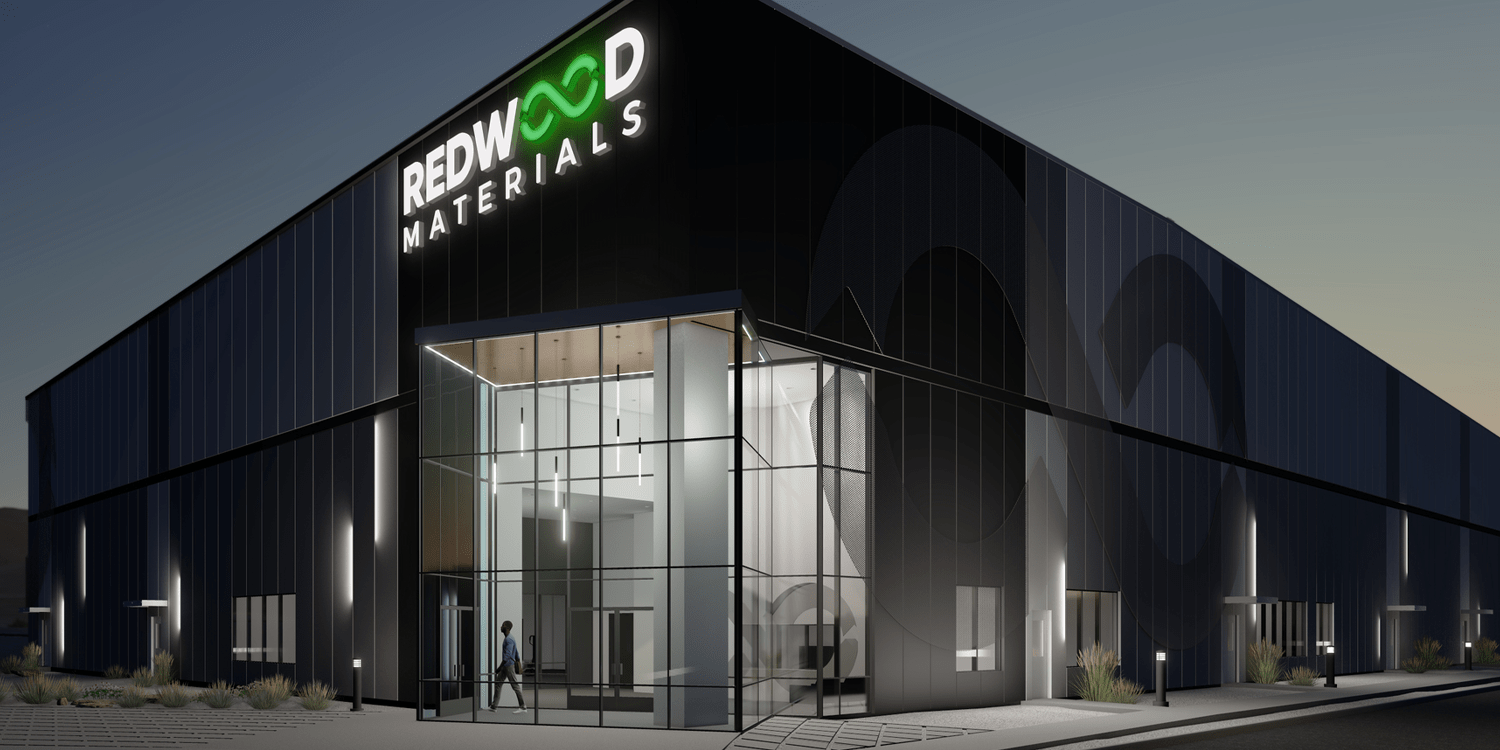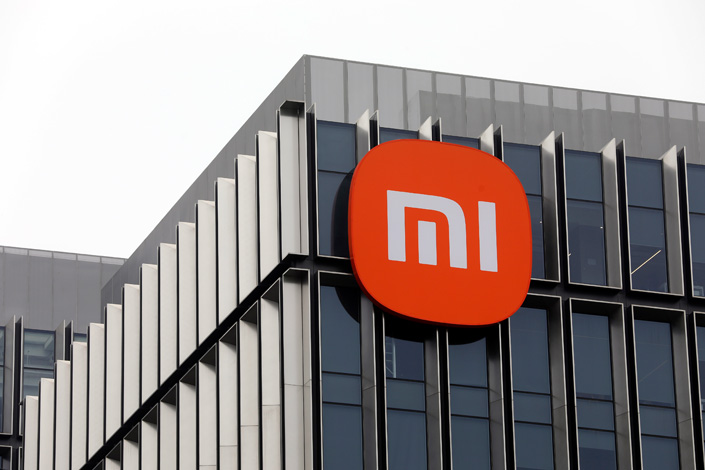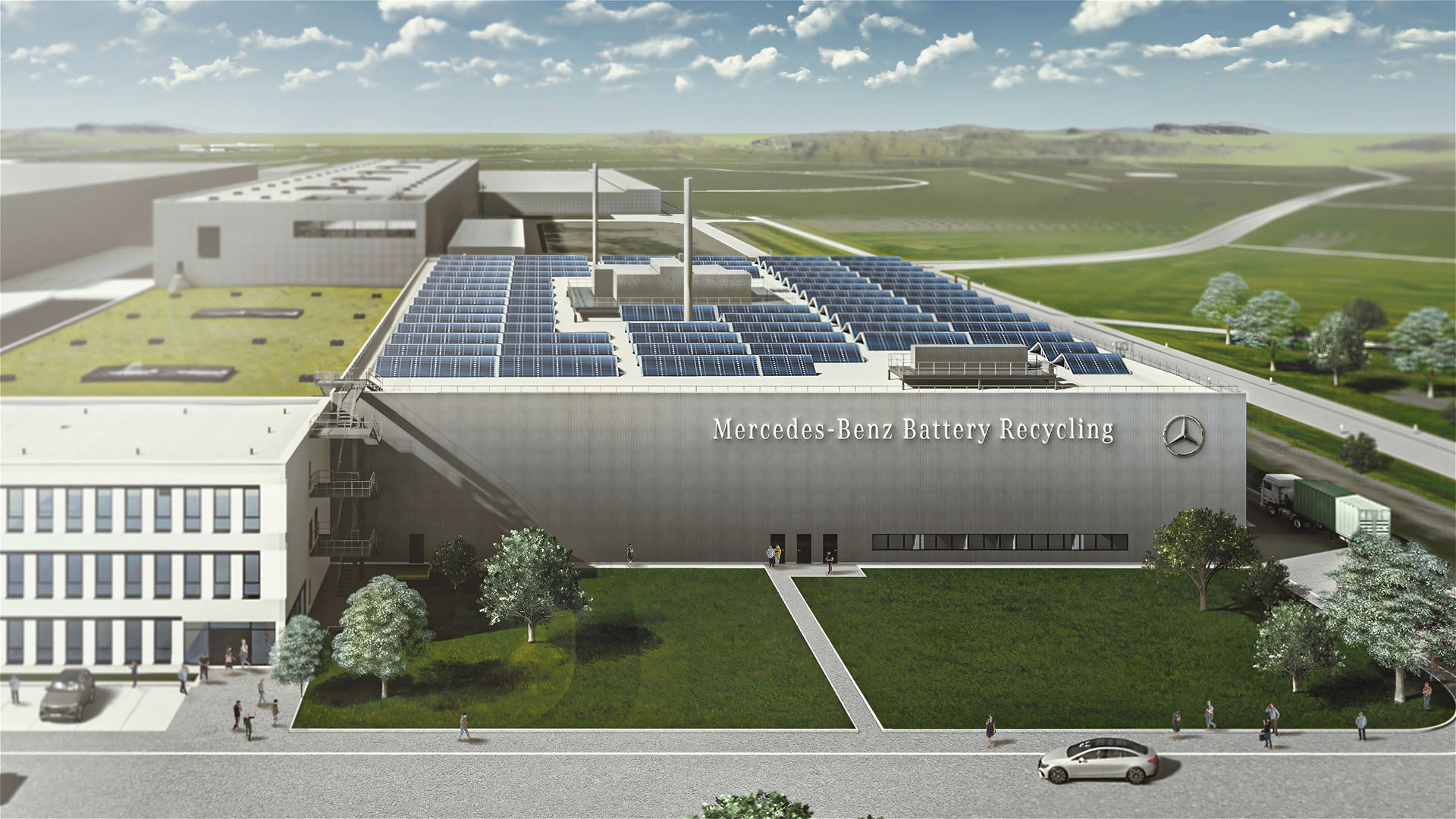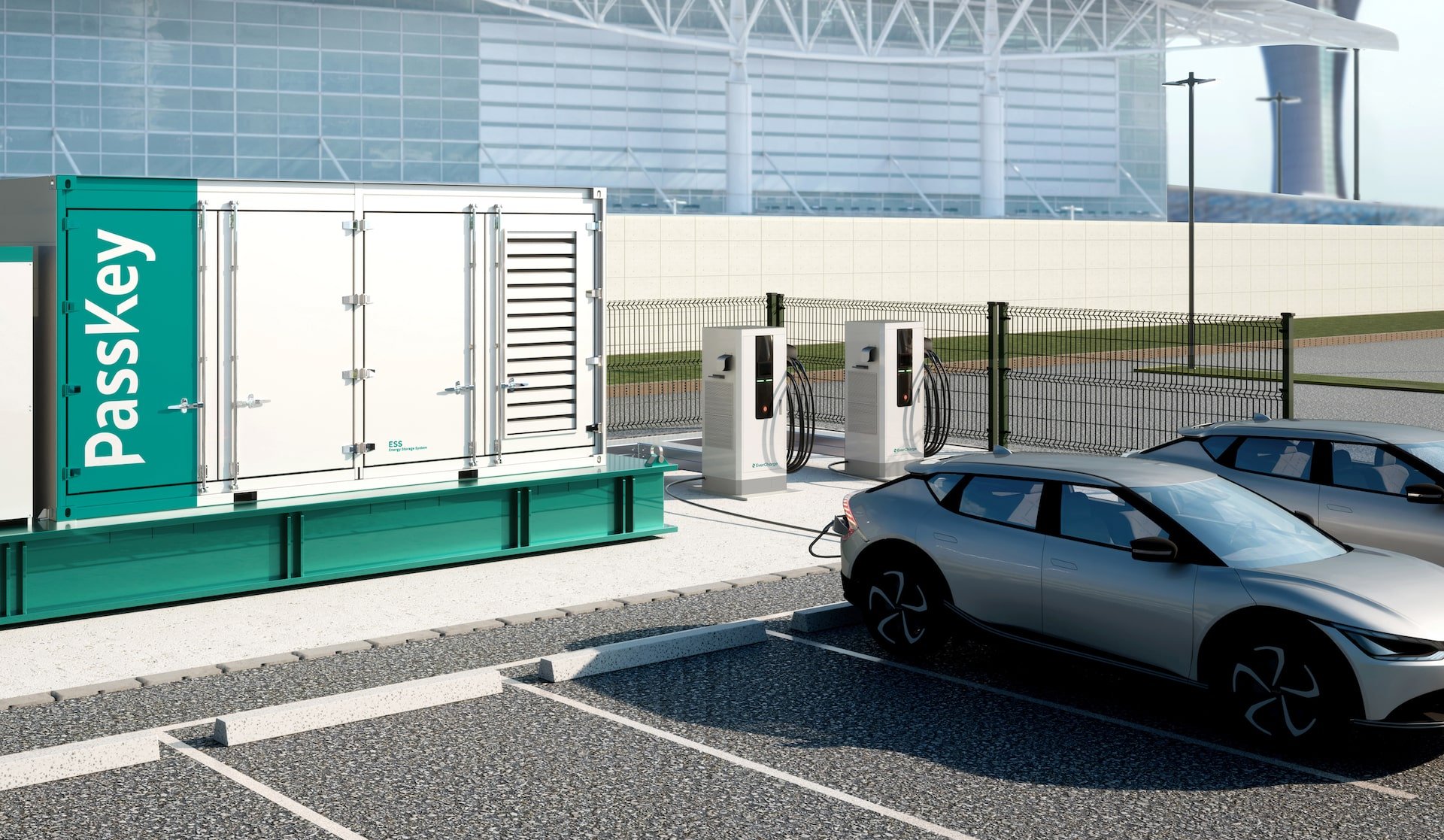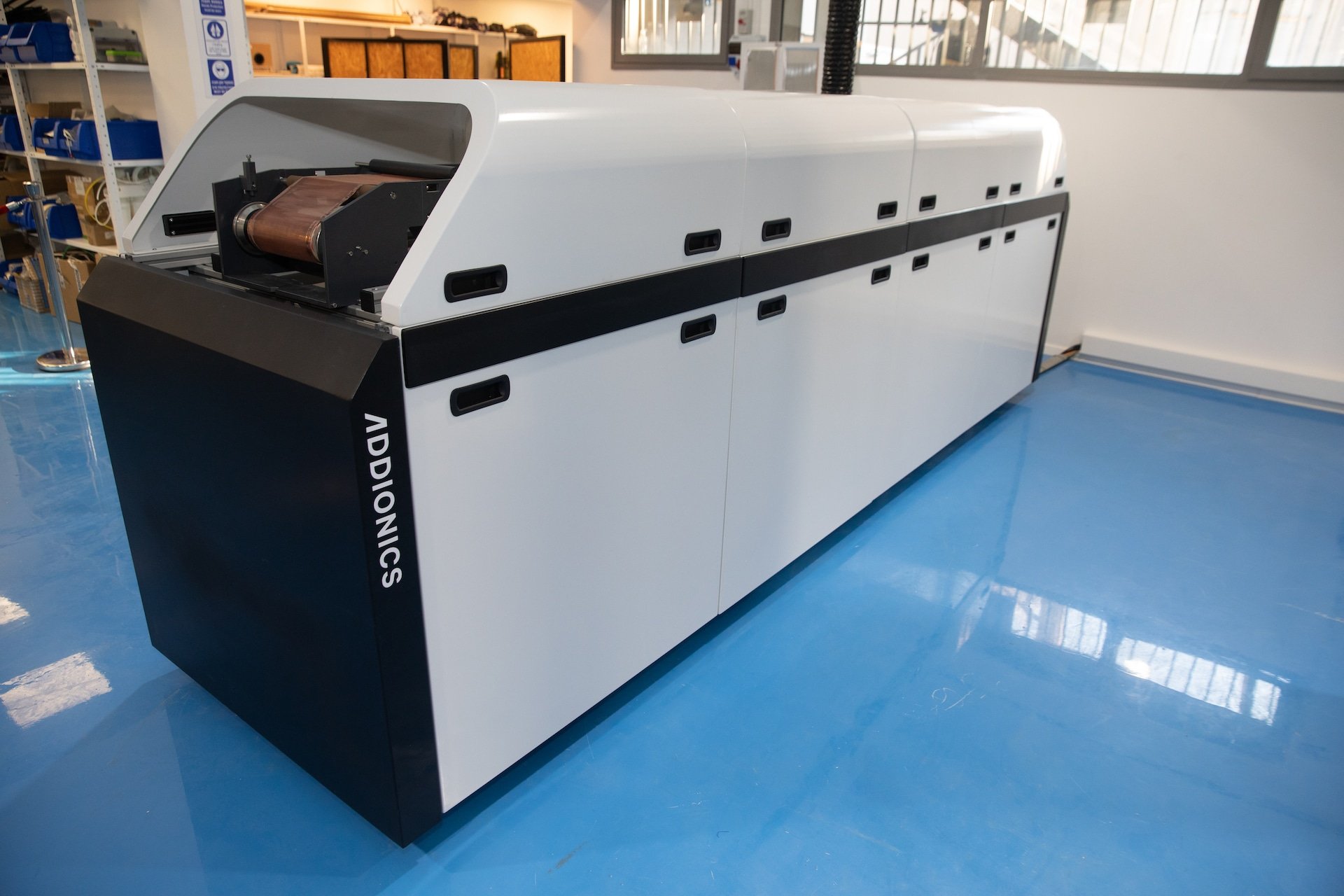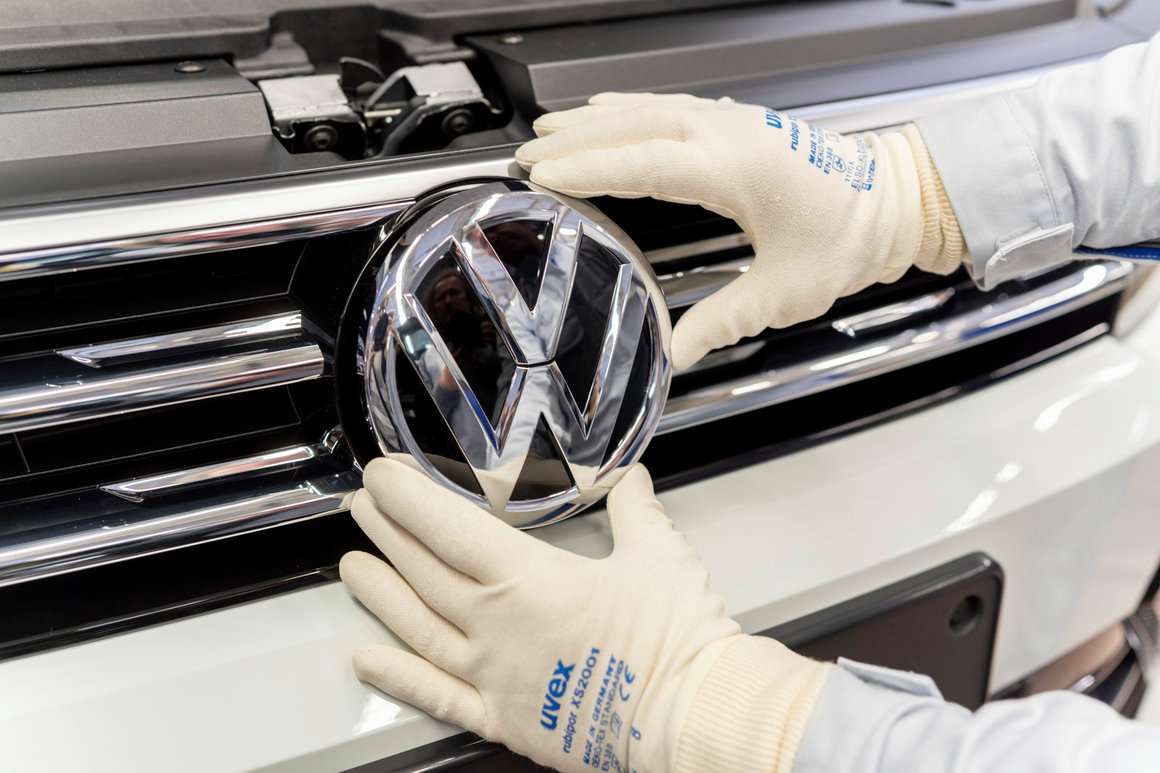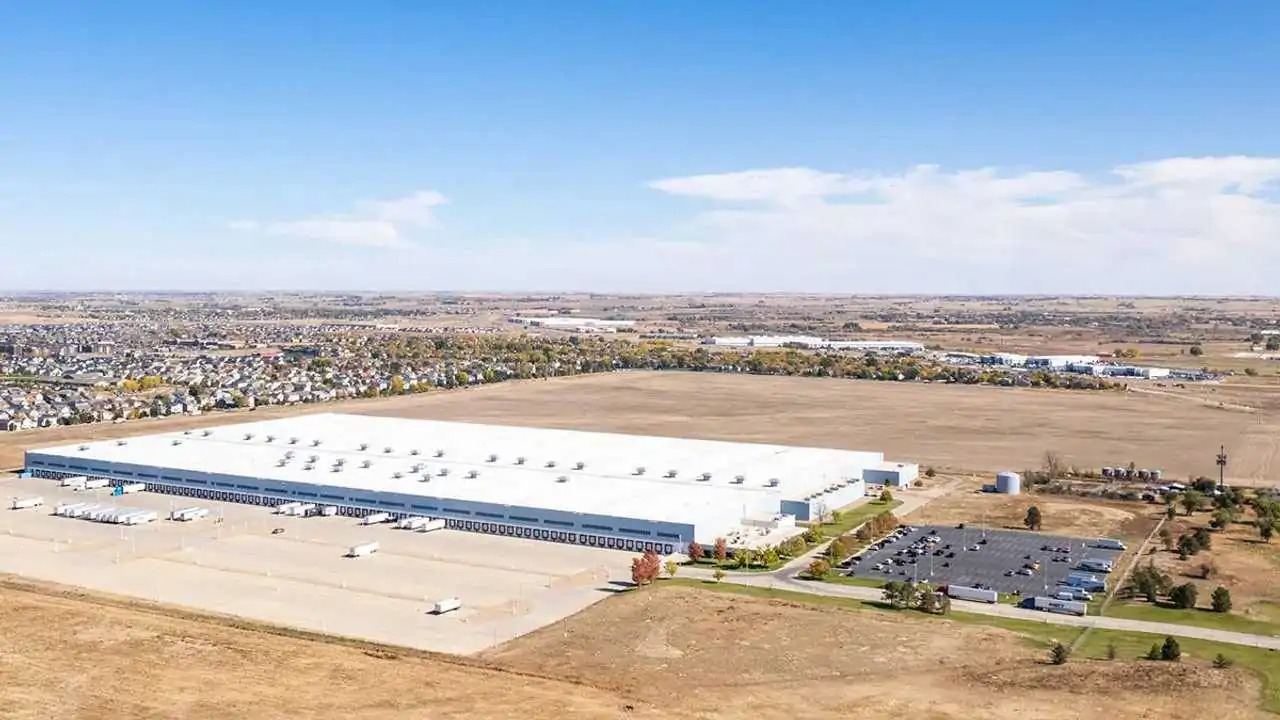Redwood Materials, the Nevada-based battery recycling company co-founded by Tesla’s former CTO, JB Straubel, has shared a one-year update on its mission to recycle essential materials from end-of-life (EOL) battery packs, with a focus on producing new high-quality battery cell materials. The report highlighted the company’s impressive recovery rate of ~95% of metals from EOL battery packs that could be used to produce anode and cathodes for cell production.
Over the past 12 months, Redwood Materials collaborated with major car manufacturers including Toyota, Ford Motor Company, Volvo Cars, and Volkswagen Group of America to collect approximately 1,268 battery packs from 19 battery electric vehicles (BEVs) and hybrid models. The packs collected were a mix of older nickel-metal hydride (NiMH) and newer lithium-ion chemistries from more than a dozen different automakers.
Last year, we launched the world's first electric vehicle battery recycling program in California with @GavinNewsom and several partners. Today, we share a year’s worth of findings demonstrating the the value of and best pathways for end-of-life packs. https://t.co/M8ujryWAO7 pic.twitter.com/8lGhXW1Rbh
— Redwood Materials (@RedwoodMat) March 2, 2023
“We expect mixed chemistries to continue as older, hybrid vehicle models now reaching end-of-life continue to retire in greater numbers from California roads. However, lithium-ion represented the majority of the chemistry types collected, and we expect it will continue to grow as it is now the only type of vehicle battery on the market,” noted Redwood in its report.
See also: Toyota, Redwood Materials to collaborate on recycle EV batteries in US
One of the biggest challenges the company faced was logistics, which was the highest cost in battery pack collection. However, Redwood is optimistic that achieving economies of scale will reduce logistical costs for EOL battery packs. The company also reported that the recycling process for smaller batteries found in consumer devices and production scrap is already profitable. Redwood predicts that recycling larger electric vehicle batteries will become profitable as EOL pack volumes increase and logistical costs decrease.
Redwood Materials also urges policymakers to take steps to lower transportation costs to safely collect and handle EOL battery packs from electric vehicles. “Existing regulatory frameworks were not intended to address recycling pathways for large electric vehicle battery packs. This is a major opportunity to update these regulations to address the modern EV era while continuing to ensure the safe collection and recycling of these packs, without adding additional fees that could inadvertently increase the costs of EVs,” noted the company.
See also: Volkswagen, Redwood Materials to collaborate on recycle EV batteries in US
With Redwood Materials at the forefront of battery recycling, it is exciting to see how the company is taking steps to tackle the challenges associated with end-of-life batteries. As the world becomes increasingly reliant on EVs, it is imperative that we find ways to dispose of EOL batteries in a responsible and sustainable way. Redwood Materials is paving the way for a greener future by proving that recycling EV batteries is not only necessary, but it can also be profitable. As JB Straubel once said, “it’s the right thing to do from an environmental standpoint, and it’s a business opportunity as well.”

